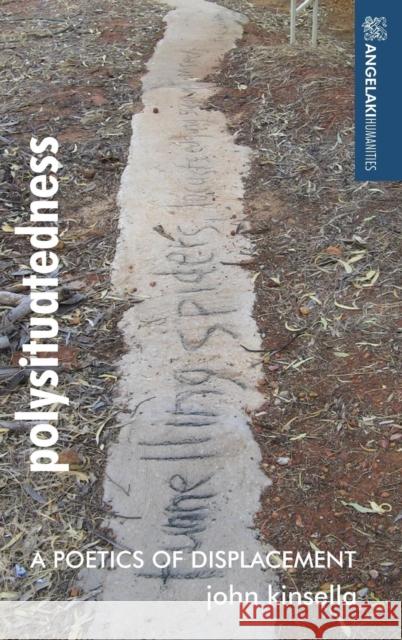Polysituatedness: A poetics of displacement » książka
Polysituatedness: A poetics of displacement
ISBN-13: 9781526113344 / Angielski / Twarda / 2017 / 448 str.
Polysituatedness is concerned with the complexities of defining place, of observing and seeing place, and how we might write a poetics of place. It argues for a 'polysituatedness' of presence, in which all places we have been part of (lived in, visited, stayed in, inherited, even imagined) become enmeshed with a sense of belonging (or not) and posits an alternative model for participation in community and landscape. It does this in the context of a world-view of 'international regionalism', in which international lines of communication are seen to enhance regionality.
From Kathy Acker to indigenous Australian poet Jack Davis, the book touches on other writers and theorists, but in essence is a hands-on praxis book of poetic practice, using essays, journal entries, review and commentary on writing and ecology. Considering modes of belonging and community ('agoras') in conjunction with issues of isolation, the book traces a journey from 'home' at Jam Tree Gully in wheatbelt Western Australia, via a range of personal experiences and intertextual interactions/readings with other works, to Schull, in West Cork, Ireland, where a consideration of belonging and land is read through ancestral displacement via famine and the politics of empire. However, this is not a work of history, but of subjectivity as it affects ways of seeing. It is also about the making of poems out of place, and questions the politics of making and the politics of place; displacement, but with constant renewal and replacement.
Polysituatedness works as a companion volume to Kinsella's earlier Manchester University Press critical work, Disclosed poetics: Beyond landscape to lyricism. It will be of interest to students and lecturers in a range of subjects including environmental and Australian literature, poetry and Irish studies.











